Coffee bean cultivation is highly dependent on specific environmental conditions. The success of coffee farming largely hinges on how well these conditions are managed and monitored. From climate to soil quality, every factor plays a critical role in determining the quality and yield of the coffee beans. Here are the main factors essential for growing high-quality coffee, along with a description of how Coda Sensor's solutions can help farmers achieve optimal results.
Coffee beans thrive in warm, humid climates, with an ideal temperature range between 15°C and 26°C. Additionally, regions with significant day-to-night temperature variations are beneficial for coffee bean growth. The crop requires abundant sunlight and rainfall, with the optimal annual precipitation between 1,200mm and 2,000mm.
Coda Sensor's Solution: Coda Sensor provides high-precision temperature,humidity,and rainfall sensors that enable real-time monitoring of these critical parameters. By tracking weather patterns and climate changes, farmers can ensure the growing environment stays within the ideal range for coffee beans. These sensors help in making timely adjustments, such as irrigation or shading, to protect the crop from climate stress.
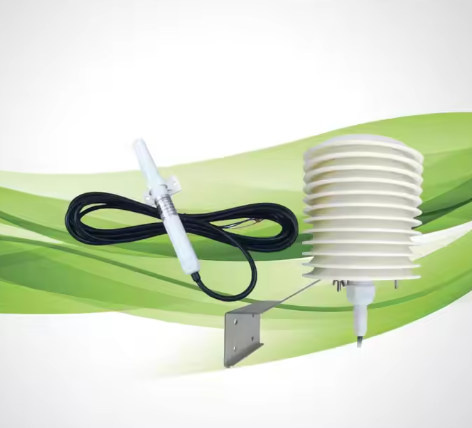
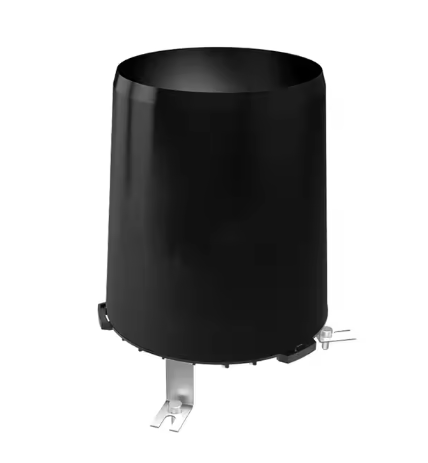
CDW-33A Air Temperature&Humidity CDY-12A Rainfall
Coffee plants prefer acidic soils with a pH range of 4.5 to 5.5. Proper soil aeration and water retention are also crucial. The soil must be rich in organic matter and nutrients to support the plants throughout their growth cycle.
Coda Sensor's Solution: Coda Sensor offers advanced soil monitoring systems that track soil pH, moisture levels, and organic content. With this data, farmers can maintain optimal soil acidity and nutrient levels, ensuring the coffee plants receive the right amount of water and nourishment. This system reduces the need for guesswork and helps farmers implement better irrigation and fertilization practices.
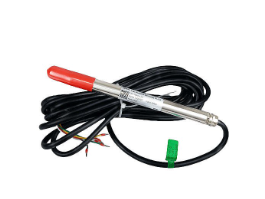
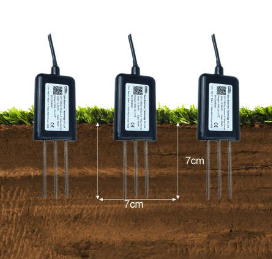
CDT-17B Soil PH CDW-30B Soil Temperature&Moisture&EC
The quality and flavor of coffee are significantly influenced by the altitude at which the plants are grown. Coffee cultivated between 800m and 2,000m above sea level is considered to be of superior quality. These higher altitudes often provide the perfect balance of climate and soil conditions needed for premium coffee beans.
Coda Sensor's Solution: While altitude is a fixed factor, the environmental conditions associated with it—such as air pressure, temperature variation, and wind—can be continuously monitored using Coda Sensor’s multifunctional weather stations. By tracking environmental data across different altitudes, farmers can adapt their cultivation techniques and make informed decisions on harvesting and crop care based on the specific conditions at their farm's elevation.
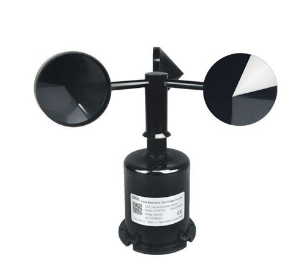
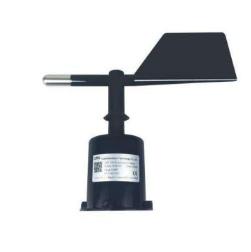
CDF-10A Wind Speed CDF-11A Wind Direction
Significant day-to-night temperature differences help coffee plants grow stronger and produce higher-quality beans. These fluctuations influence the plant’s growth rate and the flavor profile of the coffee beans, making this an important factor in cultivation.
Coda Sensor's Solution: Coda Sensor’s temperature tracking system offers continuous monitoring of day-night temperature shifts. With this data, farmers can better understand the impact of temperature variation on their crops and adjust growing practices accordingly. For example, timely adjustments to irrigation or protective measures during extreme weather can enhance the quality of the coffee beans.
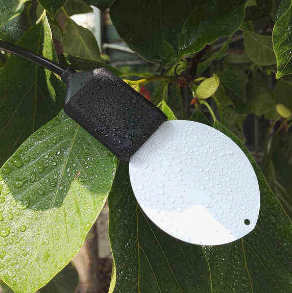
Coffee plants require around 6 to 7 hours of sunlight daily for healthy growth. Too much or too little sunlight can negatively impact the quality and yield of the beans.
Coda Sensor's Solution: With precise light sensors, Coda Sensor enables farmers to monitor daily sunlight exposure. If there is too much sunlight, shading methods can be employed, and if there is too little, adjustments to plant placement or artificial lighting can be introduced. This ensures that coffee plants receive the optimal amount of sunlight for photosynthesis and growth.
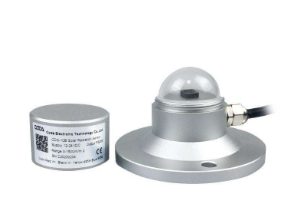
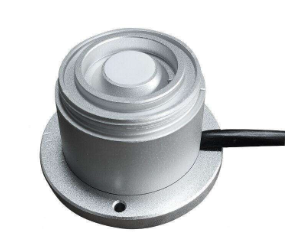
CDG-10B Solar Radiation CDG-12B PAR Sensor
Successful coffee cultivation requires close attention to a variety of environmental factors, from climate and soil conditions to altitude and sunlight exposure. Coda Sensor’s comprehensive monitoring solutions provide real-time, data-driven insights into these key factors, allowing coffee farmers to make informed decisions that enhance crop quality and yield. By leveraging Coda Sensor's technology, coffee farmers can optimize their growing conditions and produce superior beans, all while reducing resource waste and improving efficiency.
Mushroom cultivation requires a carefully contro
In today's fast-evolving agricultural landscape,
Coffee bean cultivation is highly dependent on s
Contact: Molly
Phone: +86-17775769236
Tel: 86-0731-85117089
Email: molly@codasensor.com
Add: Building S5, Aux Square, Yuelu District, Changsha City, Hunan Province, China
We chat